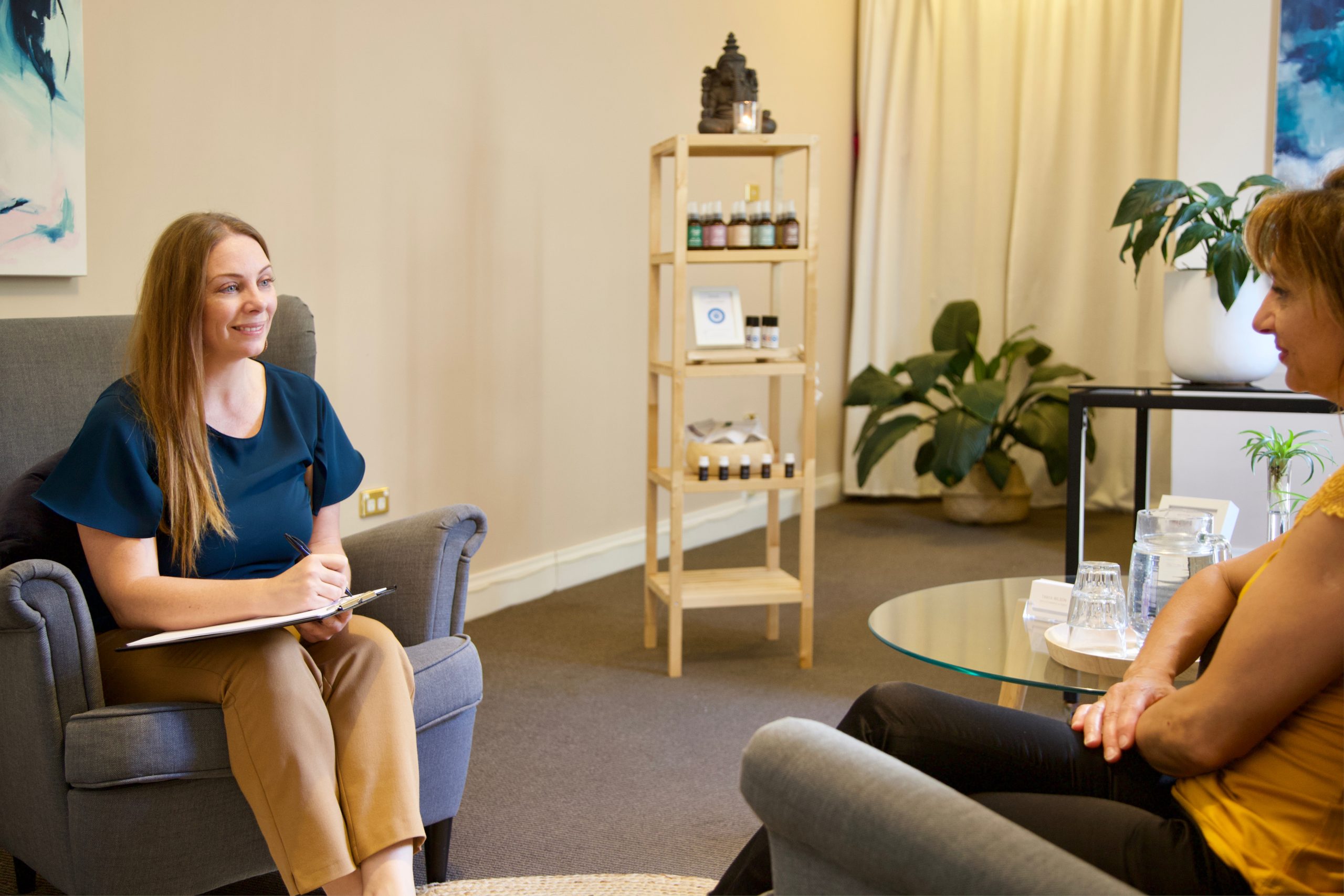Unfortunately, relationship trauma is something that is very common. Many individuals I speak to, professionally and outside of a professional context, are suffering because of relationship related traumas. If you have experienced relationship trauma, you may start to see things below that resonate with you.
By the time we are in our thirties most of us have experienced some level of genuine trauma from a relationship (romantic or otherwise). With exposure to a narcissist or someone with narcissistic personality disorder. Or even having engaged with someone that has undiagnosed mental health disorder. And it can even extend to being on the receiving end of infidelity. Although not in every case, these can be comorbid. Additionally, there are also a whole plethora of other possibilities and ancillary occurrences when it comes to love and sex addiction. More of this will be discussed over time.
Despite the vastness of this complex topic, I am going to delve into a small fraction of it in the hopes that it aids your healing. Specifically, I am going to guide you to ‘come back to, or find, yourself.’ It’s not uncommon to feel like you’ve lost yourself or become disconnected from who you really are during the course of a relationship like this and as you recover from trauma, it’s vital you regain a sense of identity.
Here’s how to start reinvesting in and reconnecting to yourself during this fragile time.
Be happy with SLOW. Slow everything down and allow yourself to have slower mornings, slower evenings and slower weekends. Set a slower pace for yourself and your life, particularly in the earlier stages of recovery.
Stop rushing and wholeheartedly give yourself permission to be slow. This helps your adrenals to slow down and reset themselves as the adrenal “flight or fight” response is one that is in hyper drive during these situations. Restoring the physiological response back to balance is an important part of the process and one of the fundamentals to successful healing from trauma.

Stop rushing and wholeheartedly give yourself permission to be slow.
Additionally, during this time of conscious slowness it is absolutely crucial that you don’t be hard on yourself. This is an important skill that will serve you well throughout your life but even more so during this time of post trauma, where it may take extra attention to heal.
I wholeheartedly encouraged you to slow down and stop rushing as part of reconnecting with yourself after relationship trauma. Here are four more mighty things that you can continuously engage to reinvest in yourself.
- No new relationships
- Stop blaming yourself
- Keep it simple
- Set a small goal
No new relationships
Avoid new personal (meaning romantic) relationships for the next four to six months (this is guide only as you will know what is right for you). Invest the time back into yourself. It’s such a valuable and fragile time where you need to be focussing on filling up your own cup, rather than giving to another.
Stop blaming yourself
I know this is difficult and you have my empathy. I urge you to stop blaming yourself for the trauma or trauma causing incident as it is NOT your fault.
Every time you catch yourself thinking or saying any or all of the following:
- ‘I should have known better’
- ‘I should have seen that coming’
- ‘I wish I had chosen differently’
Remind yourself that the very reason you may have ended up in that situation is because of your kindness and compassion. And now it’s time to use your kindness and compassion in a directed and positive approach. Towards the one person who is the most important person: you!
It’s not uncommon that these situations happen in underhanded or manipulative ways. And are strategically engineered (both consciously and unconsciously) for you to “fall” for it.
Keep it simple
During this time of much needed compassion, it pays to keep life very simple. It is not an ideal time to start new study, change jobs (unless this is connected to your ex) or moving into unfamiliar territory. Although the temptation to hurl yourself into something new may be, understandably, prevalent.
Allow yourself to stabilise with the things, places and activities that you used to enjoy prior to your relationship and create a sense of security with healthy, familiar things. And begin to rebuild connections with people and perhaps rebuild your finances. This is something that is common with relationship abuse and trauma. Those suffering it are depleted in many ways including financially. Take a slow but consistent approach to build up your bank account and your relationship with money once more. Doing so will also help foster a sense of independence and security.
During this time of much needed compassion, it pays to keep life very simple.
Set a small goal
Finally, establish a short or medium term goal that can be realistically achieved four to six months into the future. Create or set your sights on something to look forward to.
This step is a completely individual thing that is different for everyone. The idea is to find something that you can look forward to. It could be anything ranging from going to a movie or going on a holiday or anything in between; whatever feels promising to you.
This builds hope and creates enjoyment. But most importantly it teaches us to trust ourselves again. Especially as we create, plan and work towards a goal and ultimately reaching it.
If you are experiencing anything I have described here, there is no reason to go through this alone. I am very experienced in counselling people with trauma. Please don’t suffer alone. Arrange an appointment with me today.


